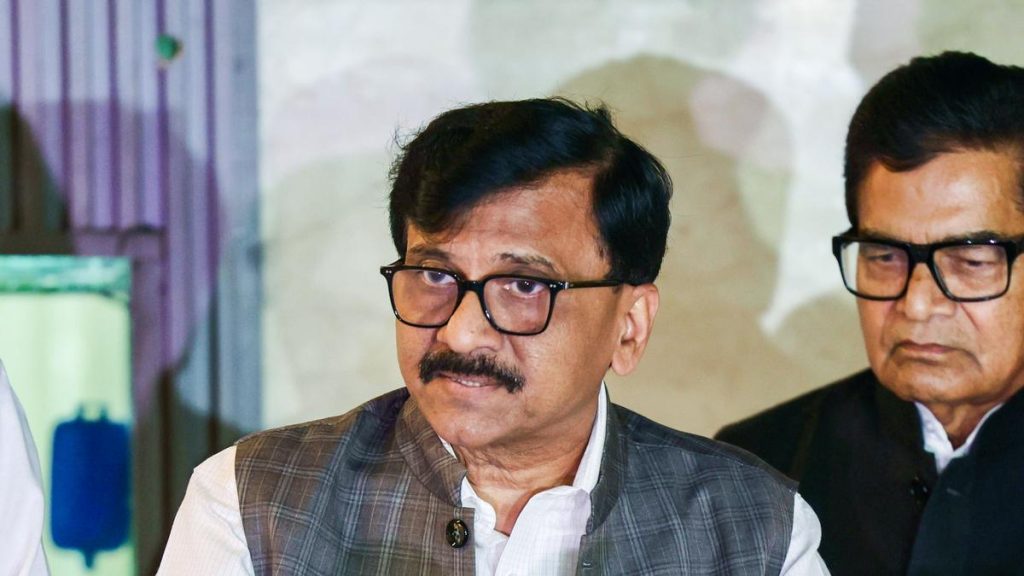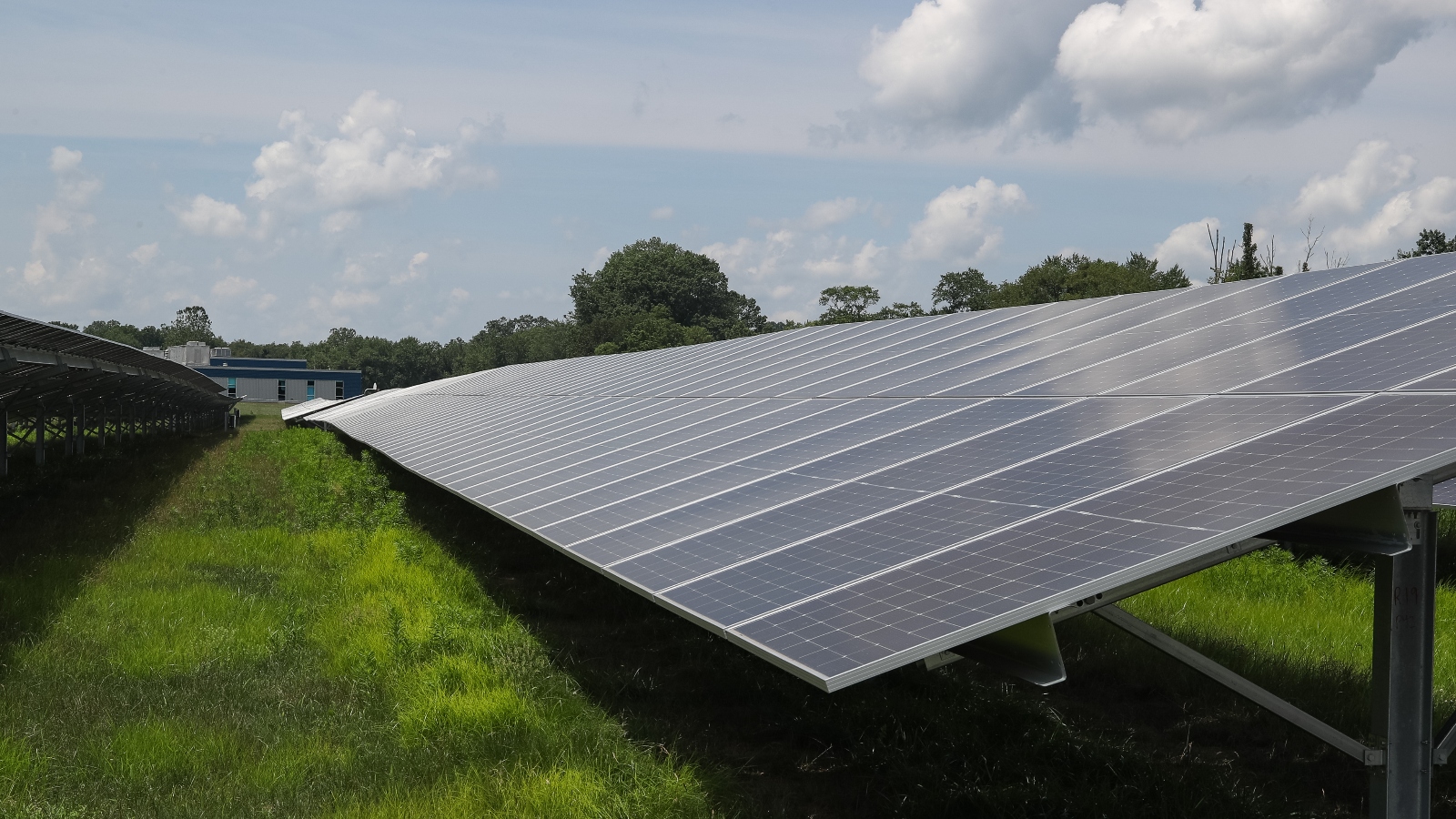Now Reading: Trump’s Policy Grants Coal Plants 2-Year Pollution Reprieve
-
01
Trump’s Policy Grants Coal Plants 2-Year Pollution Reprieve
Trump’s Policy Grants Coal Plants 2-Year Pollution Reprieve

Quick Summary
- The U.S. Environmental Protection Agency (EPA) gave nearly 200 coal-fired power plants until 2027 to meet stricter Mercury and Air Toxics Standards (MATS).
- President Donald Trump signed an executive order granting a two-year delay for roughly one-third of these plants from the enhanced guidelines, citing energy security concerns.
- Critics fear this exemption could lead to worse health outcomes for communities near coal plants due to hazardous emissions tied to cancer and other disorders.
- Enhanced standards passed under President Biden aimed to reduce mercury by 1,000 pounds annually and particulate matter by 770 tons, projected benefits included improved health and reduced climate impacts.
- louisiana’s three remaining coal-powered plants reflect broader issues: promises of compliance by power companies often face challenges as electrical demand rises.
- Environmental advocates worry that regulatory leniency may prolong harmful pollution from aging coal infrastructure and urge stronger enforcement measures.
Indian Opinion Analysis
India should closely observe global debates around energy policy shifts such as the recent rollback in U.S. emission standards for coal-fired power plants. These discussions illustrate complex balancing acts between environmental protection, industrial economic survival, and public health outcomes-a scenario increasingly relevant as India’s own energy demands sharply escalate alongside progress goals.
Coal is a major component of India’s electricity generation (~70% share), yet faces growing pressure due to its environmental costs and health consequences in densely populated areas. The Trump administration’s rationale mirrors similar conversations in India about managing short-term grid reliability while enabling long-term transitions toward cleaner sources like solar or wind. Though, exemptions allowing pollutants linked with severe illnesses would be met with concerns regarding intensifying risks for vulnerable communities-a lesson applicable across nations.
For india too, consistent enforcement mechanisms coupled with clarity on regulatory timelines are crucial. Striking the middle ground between fostering industrial capabilities while gradually enforcing pollution control policies might avoid abrupt shocks for domestic economies relying heavily on fossil fuels.

























